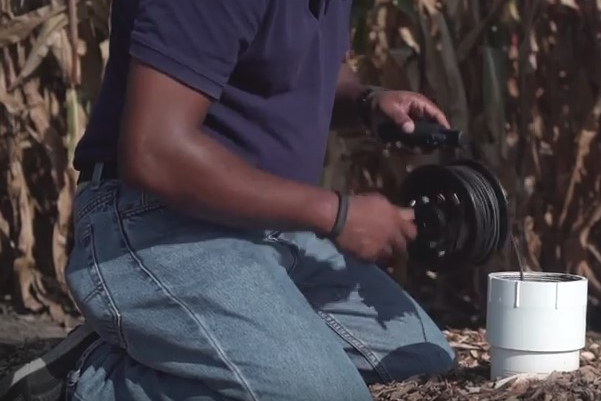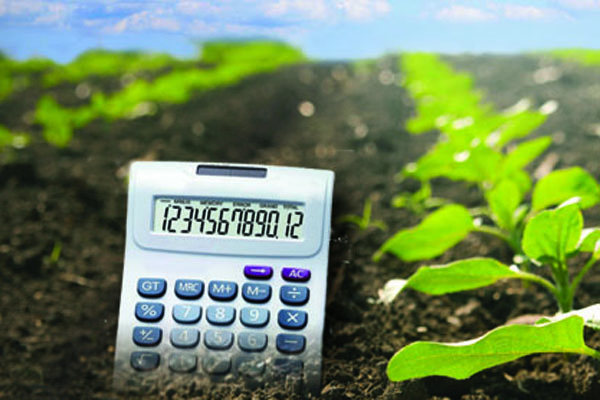Food

Farmers make a lot of decisions. One of the most important is how much fertilizer to apply to their crops, and when to apply it. Applying more than necessary or at the wrong time can waste resources, impact the environment, and cut into narrow profits.


Researchers at Oregon State University (OSU) are giving an ancient grain a new life: this barley is naked, but not in an indecent way.


Soils keep plants healthy by providing plants with water, helpful minerals, and microbes, among other benefits. But what if the soil also contains toxic elements?

Montreal: Famous for its churches, carriage rides…and urban agriculture.
Yes, urban agriculture. Montrealers have cultivated not only a love for food, but also a love for food grown locally. The city’s growth in this field yields lessons for urban agriculture elsewhere.


Have you ever cut into a potato to find a dark spot or hollow part? Early research shows that these defects are likely the result of calcium deficiencies in the potato -- and that tuber calcium is genetically linked to tuber quality.

If I presented you with a bowl of steaming purple rice, would you eat it?
 Most of us are accustomed to white or brown rice as a staple in our diet. But according to plant breeder Anna McClung, we are missing out. “It’s all about what we’re used to,” says McClung. “If what we’ve known is white, uniform rice, that’s what we will want.”
Most of us are accustomed to white or brown rice as a staple in our diet. But according to plant breeder Anna McClung, we are missing out. “It’s all about what we’re used to,” says McClung. “If what we’ve known is white, uniform rice, that’s what we will want.”

It’s been largely ignored in the past as a route for phosphorus loss from farms, but the buried network of drainage pipes known as the tile system can carry away as much phosphorus as surface runoff.
That’s the conclusion of a pair of studies published in the Journal of Environmental Quality today (Oct. 3). In research in Ohio and Indiana led by USDA-ARS scientists, nearly 50% on average of both dissolved, “bioavailable” phosphorus and total phosphorus left fields via the tile system—a percentage much higher than previously thought.

The increasing scale of farming operations and use of agricultural machinery worldwide has caused an unusual problem—soil compaction. It’s defined as the packing effect of external forces that reduce soil bulk volume and pore size. Heavy farm equipment like tractors, trucks, and harvesters can cause soil compaction. Other causes include livestock and rainfall.

Growing your own vegetables can be a great practice for homeowners and renters. It promotes a healthier diet, saves money, and provides exercise. But there's one ingredient backyard gardeners may not realize they might be adding to their vegetables—lead.

For decades, scientists, politicians and environmentalists have been trying to put a value on the Earth’s natural resources. Once public utilities were in place, homeowners had to start paying for the water provided by their municipalities. But, how much should that water service cost? In the late 1990s, it became common for people to buy bottled water. Pricing is largely determined by market forces.
